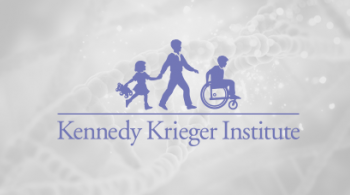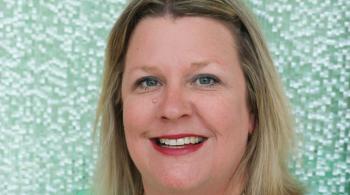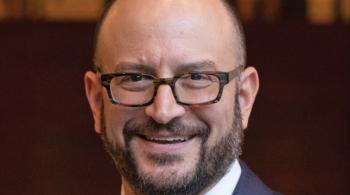By Cindy Ibarra, MCDD trainee
As a trainee at the Maryland Center for Developmental Disabilities (MCDD), I had the opportunity to attend the event “Jewish Voices for Inclusion, Celebrating our Dignified Differences” on September 7, 2023, in Ellicott City, Maryland. This event is part of the MCDD’s Faith Community Learning Collaborative. I thoroughly enjoyed the seminar, as it provided me with a deeper understanding of the challenges faced by individuals with disabilities in faith-based communities, particularly within the Jewish community.
Hearing about the experiences from parents like Rabbi Craig and Rabbi Yocheved, as well as from self-advocate Matthew Plantz, offered an important first-hand perspective about individuals with disabilities and their interactions in their faith communities. Their testimony gave me the motivation and eagerness to learn more about the issue and find solutions to better support individuals with disabilities and parents of children with disabilities. Recognizing the power in listening to people’s lived experiences and the importance of engaging families of children with disabilities in conversation is essential. Mirian Ofonedu, PhD, LCSW-C, director of training for the MCDD, emphasized this point during her presentation at the event, highlighting it as a crucial step toward fostering inclusivity.
The seminar also emphasized that inclusivity goes beyond physical accessibility, highlighting the importance of addressing the various disabilities within the community to overcome barriers. It is essential for people to be aware of the services available to them because these services can only be effective if they are utilized. In my reflection, I’ve come to realize how easy it can be to label those who are physically or mentally different from us. People with disabilities are individuals who deserve to be treated with dignity and respect, just like anyone else. Recognizing their desire to be seen as “normal" and not to stand out is important.
Focusing on children, who often have a natural ability to see beyond differences, is a great starting point for promoting inclusivity. It is important to challenge the belief that change should solely revolve around the disabled individual and instead work towards making societal adjustments for the betterment of our communities. Everyone has a role to play in improving inclusivity in faith-based communities, and some people just may not realize it yet.
This seminar has provided me with a better understanding of the broader issue at hand, especially in areas where faith plays a significant role in culture and identity. I have gained deeper insight into my commitment to promoting inclusivity and recognizing that this seminar is just the beginning of a larger journey toward addressing these challenges.





